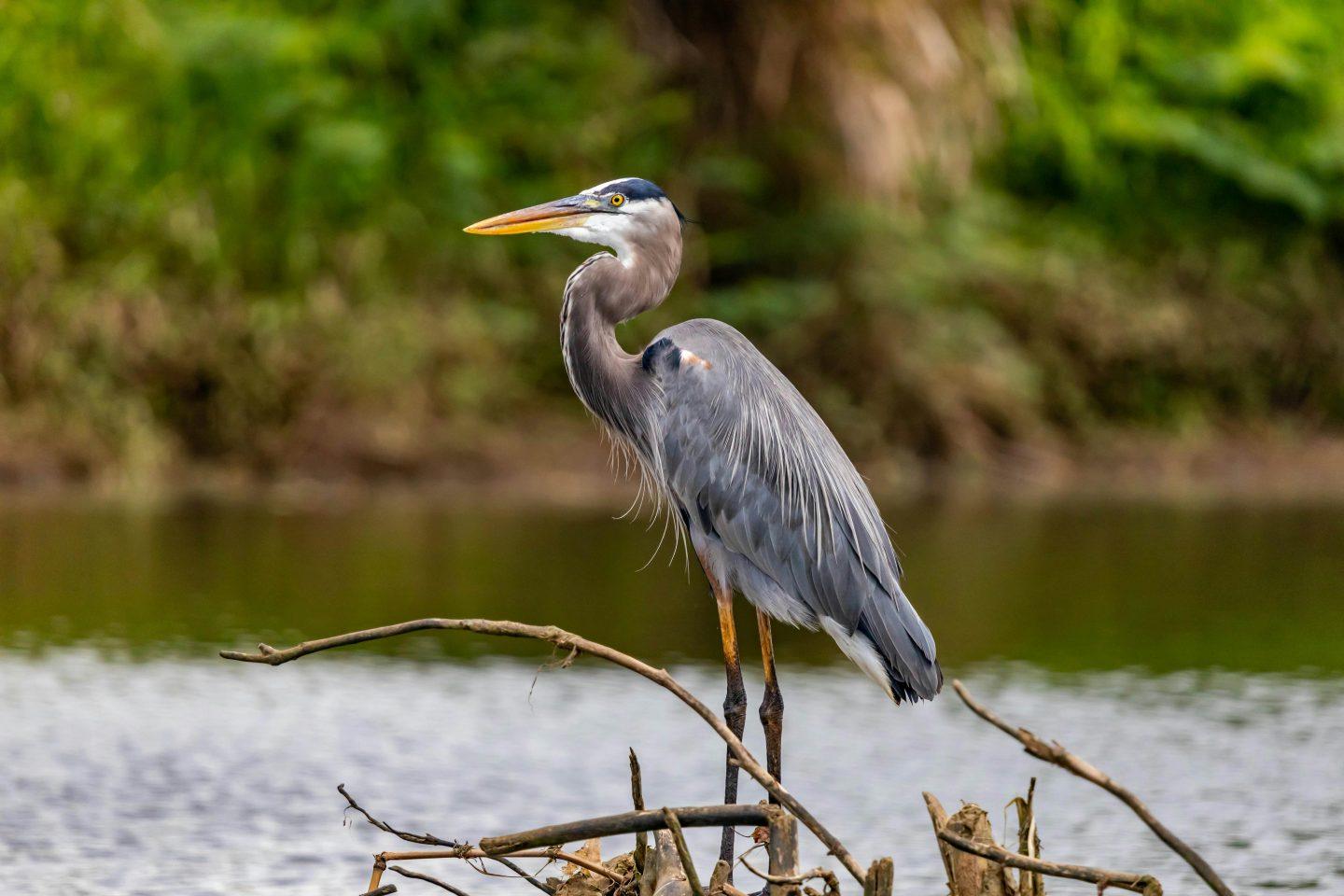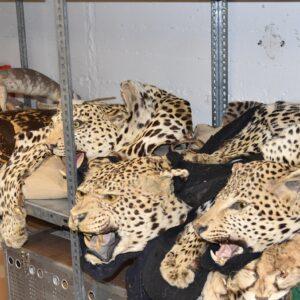ADVERTISING
A new general decree enables rapid action in cases of sick and dead wild birds
As the Darmstadt Regional Council reports, avian influenza have been detected among resting migratory birds in several districts of southern Hesse . To prevent further spread of this rapidly evolving animal disease, the Regional Council has issued a general order clearly regulating and expediting the handling of sick and dead wild birds.
Faster intervention by veterinary and public safety authorities
Veterinary officers and local emergency management authorities are now authorized carcass recovery and searches in protected areas without prior coordination with the protected area administrations. This allows for faster and more targeted intervention.
use of modern drone technology is also permitted to efficiently locate sick or dead animals. Hunters allowed to euthanize severely ill and presumably infected cranes and whooper swans to end their suffering and contain the spread of the virus.
Guidelines for the protection of nature and wildlife
When approaching dead or sick animals, existing paths and access routes be used to protect the soil, plants, and wildlife. Vehicles may only be parked designated paths or in designated parking areas
Rescue operations should be carried out promptly, but before 4 p.m. , to avoid disturbing resting groups of birds. The number of field operations should be reduced absolute minimum
Interim storage and transport regulated
use official rescue points, parking lots, or suitable sections of roads for the temporary storage and removal of dead animals Containers or collection bins be placed there without prior coordination with the protected area management.
Further information is available on the official website of the Darmstadt Regional Council: www.rp-darmstadt.hessen.de
(DARMSTADT – RED/RP)











